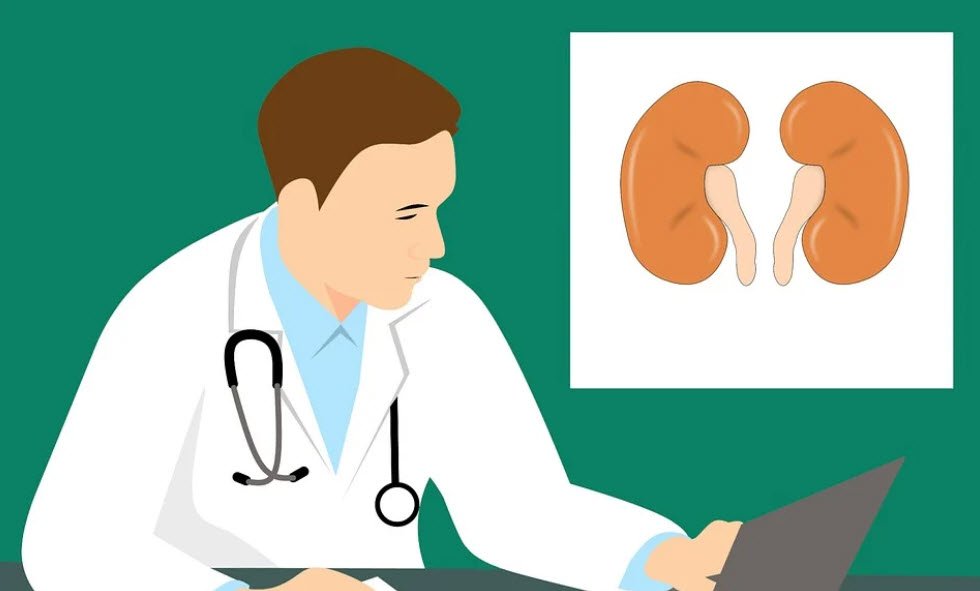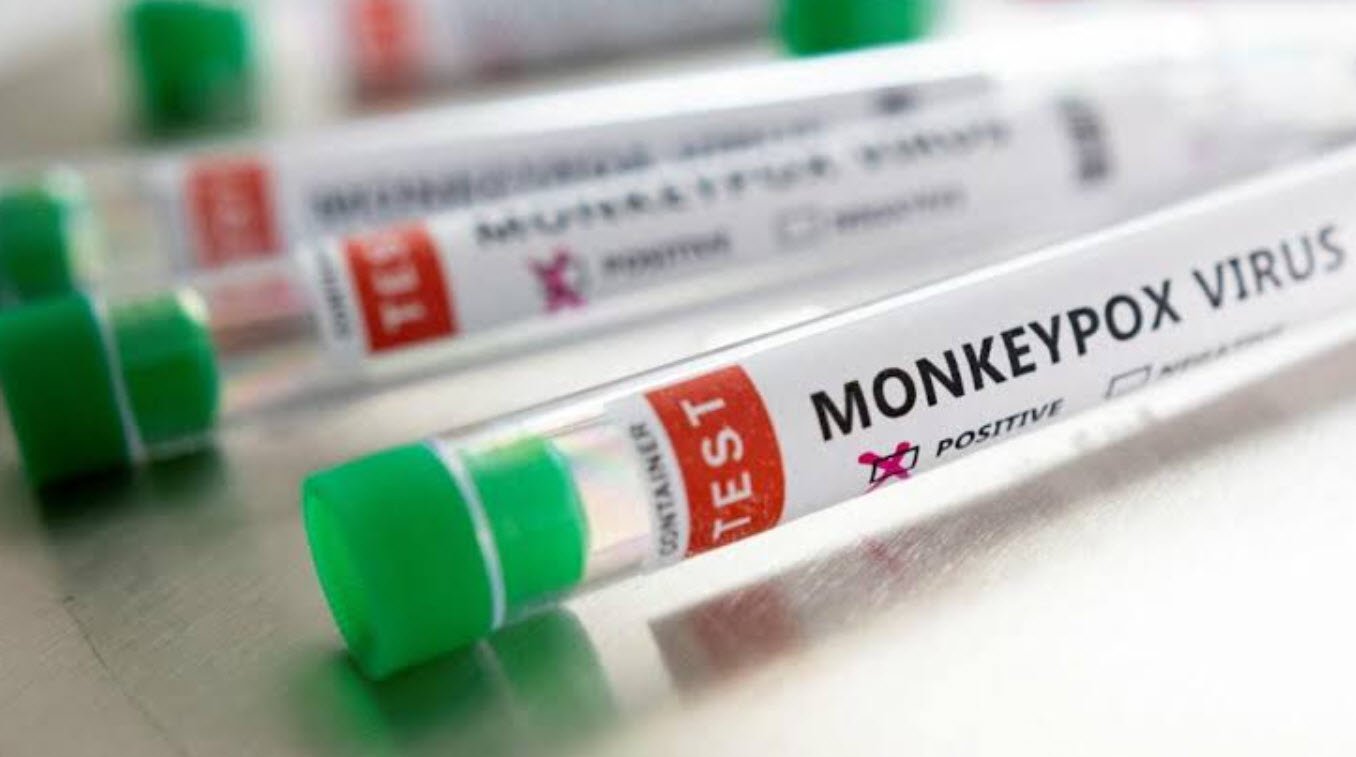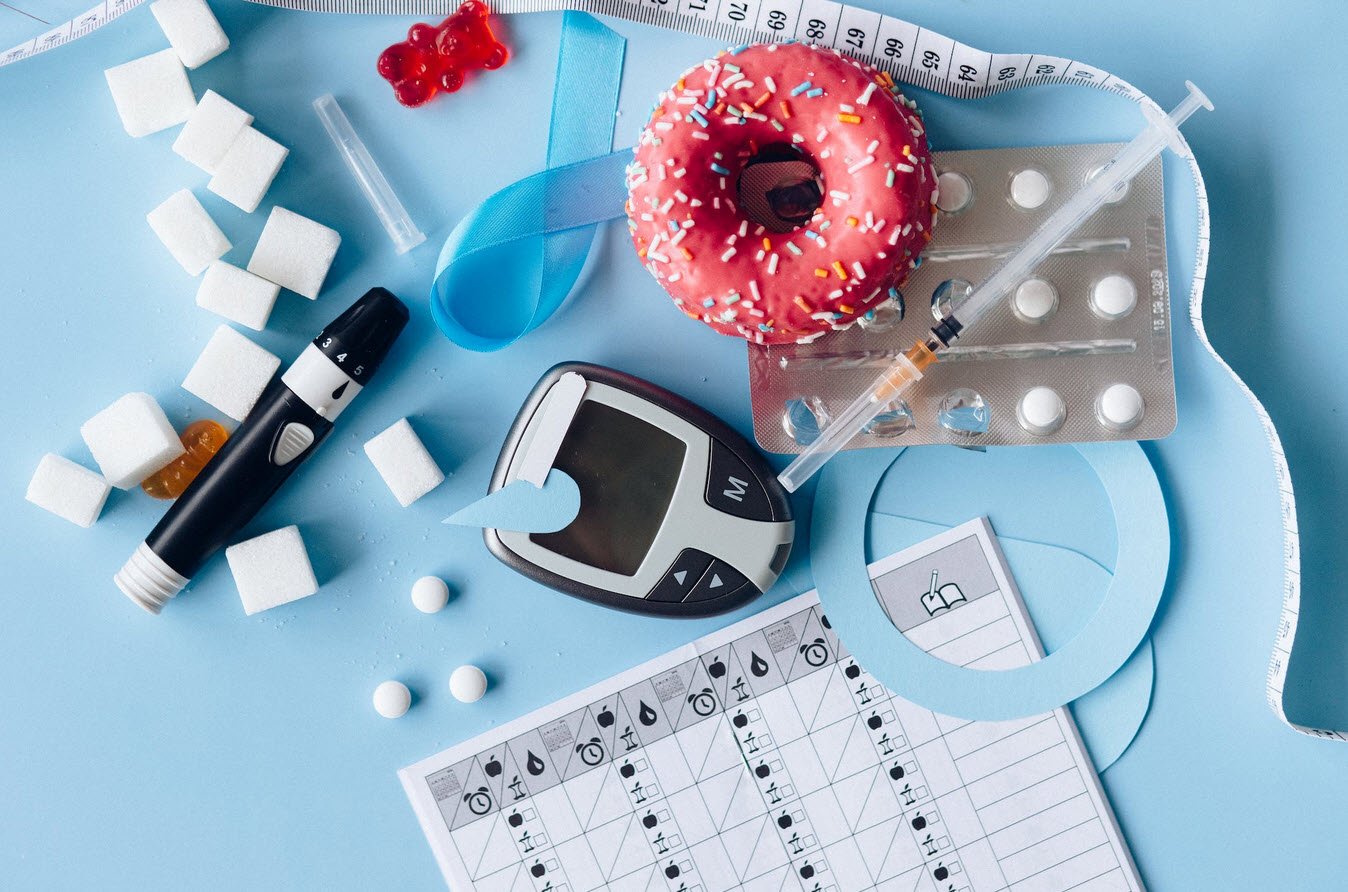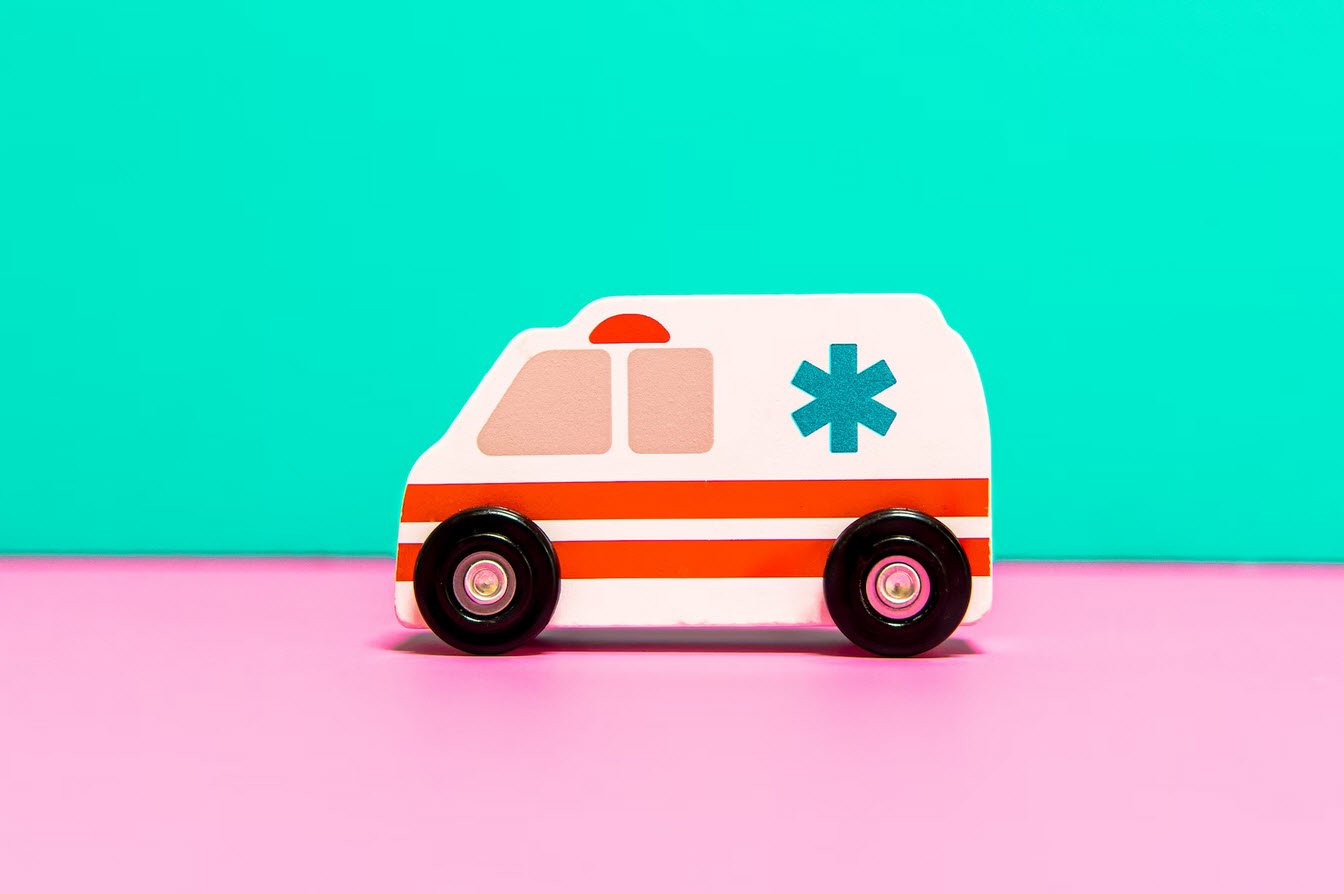
Think back to a time when there were no medicines, no pharmaceutical companies, and very little of the hard science you are familiar with today.
However, there was a time in history when food was the only medicine. Eating certain foods and specific nutrients can decrease your risk of developing common diseases and conditions.
In some cases, foods can also help to alleviate symptoms. However, once you have been diagnosed with a disease or disorder, it is important to work with your health care provider in order to control it. This is especially true if you are taking a medication.
When people think of the deadliest diseases in the world, their minds probably jump to the fast-acting, incurable ones that grab headlines from time to time. But in fact, many of these types of diseases don’t rank in the top causes of worldwide deaths.
It’s not surprising that the top health diseases might vary from place to place. But, that means that the measures we should take to improve our health may not be the same everywhere.
While the world is still reeling from the coronavirus pandemic (and now Omicron), below is the list of other common diseases are:
1. Acne
A skin condition that often occurs in the teenage and young adult years, acne is difficult to cope with, and to prevent and treat. While a relationship between acne and food is sometimes classified as a myth, many patients do recognize some foods as triggers, and a healthy diet promotes healthy skin.
2. Alzheimer’s Disease
In 2010, the Alzheimer’s Association reported that Alzheimer’s disease affects over 5 million people in the United States. While this seems like a daunting figure, it is important to note that researchers continue to find links between food, brain health, and the risk of developing this cognitive disorder, so statistics in the future might not be so grim.
3. Anemia
Anemia can make you sluggish and irritable. While individual cases vary, many can be linked to a deficiency in one specific nutrient. Increasing your intake of the nutrient through food can often correct the problem and restore your energy.
4. Arthritis
Arthritis is a disease that causes chronic joint pain and stiffness, immobility, and sometimes disability. Because arthritis is an inflammation disease, and food can greatly influence the level of joint pain, choosing the right foods can be pivotal in alleviating the pain and swelling associated with this condition.
5. Asthma
More than 300 million people worldwide are afflicted with asthma. Asthma has long been associated with heredity and the environment, but more recent research is showing that the foods you eat can alleviate symptoms of the condition. Some foods contain nutrients that reduce inflammation and stress to the airways, which can result in fewer asthmatic symptoms.
6. Cancer
According to the American Cancer Society (ACS), as of 2009 there were over 1.4 million known cases of cancer in the United States. The disease is the second leading cause of death behind heart disease. While the risk of getting cancer is high, the foods you eat can protect you. In fact, the ACS goes so far as to say that one-third of all cancer deaths in the United States could be prevented if Americans ate a more balanced diet rich in plant foods, which is also a diet that helps maintain a healthy weight.
7. Candida
A condition that results when the flora of the intestinal tract is out of balance, candida can affect your ability to perform daily activities and your overall wellness. There are many foods associated with promoting and preventing this condition.
8. Cataracts
According to the National Eye Institute of the National Institutes of Health, cataracts can develop around the ages of forty to fifty, but the effects on vision often go unnoticed until after the age of sixty. While age may contribute to the condition, research has shown that nutrition also has an influence on the development of cataracts.
9. Celiac Disease
If you don’t know much about celiac disease, you may be surprised to learn that, according to the National Institutes of Health, the condition affects over 2 million people in the United States. Symptoms are triggered by specific foods and can be controlled or eliminated by regulating dietary intake.
10. Chronic Fatigue Syndrome
Chronic fatigue syndrome (CFS) is a condition that greatly impacts daily life and the ability to perform day-to-day activities and meet family and professional responsibilities. Though it is difficult to diagnose and its cause is unknown, research continues to show that correcting nutrient deficiencies may play a role in reducing symptoms of CFS.
11. Cold and Flu
Unfortunately, everyone is familiar with cold and flu. The sniffling, coughing, and aching are symptoms you have likely experienced more than a few times. However, you can prevent becoming victim to the next circulating bug by boosting your immune system with healthy foods.
12. Cold Sores
If you’ve had a cold sore before you are probably familiar with that slight tingling sensation on your lip, which is followed by a red blister a few days later. Cold sores can be frustrating and embarrassing. They tend to strike when your stress levels are high, but research indicates that eating the right foods may help prevent an outbreak.
13. Constipation
Constipation is most often linked to a poor diet. For those who suffer from the condition, this is good news because it means minor changes in your eating habits can relieve constipation and the associated discomfort.
14. Depression
Carbohydrates, fats, proteins, and vitamins play a role in brain health and mood. Replenishing deficiencies in some nutrients can reduce symptoms of depression and enable antidepressant medications to work more effectively.
15. Diabetes
Diabetes is a disease that affects your body’s ability to use the sugar you eat in food. According to the American Diabetes Association, 23.6 million Americans suffer from type 2 diabetes, the most common form.
16. Diarrhea
Diarrhea is uncomfortable and embarrassing, and if not corrected it can cause serious dehydration and health complications. Eating may be the last thing you think about when suffering from the condition, but some common foods have been associated with relieving the symptoms of diarrhea.
17. Fibromyalgia
The pain and fatigue that result from fibromyalgia can make it difficult to accomplish daily tasks. The condition affects an estimated 10 million Americans and is more common in women than men.
18. Headaches
Headaches are caused by a variety of factors, including stress or even sleeping in an awkward position. Some headaches, such as migraines, can be severe and debilitating. Food and nutrition have been linked to both the causes and the prevention and treatment of headaches.
19. Heartburn
Heartburn can be caused by foods that are acidic or greasy. For those who suffer from the condition, changing dietary habits along with incorporating foods that alleviate heartburn make relief and prevention possible.
20. High Blood Pressure
High blood pressure is a risk factor for several medical conditions and diseases. There is a strong relationship between food and blood pressure. By incorporating some foods with specific nutrients into your diet, you can control your high blood pressure.
21. High Cholesterol
Cholesterol is a fat-like substance that plays an important role in normal body function. However, when too much cholesterol is present, it can build up on the walls of arteries and increase your risk for a heart attack.
22. Insomnia
According to the Mayo Clinic, insomnia is one of the most common medical complaints. Fortunately, there are many foods that can have calming effects to improve your ability to sleep well and wake feeling rested.
23. Irritable Bowel Syndrome
Irritable bowel syndrome (IBS) is an uncomfortable and often painful condition that affects the gastrointestinal system. According to the National Institutes of Health, about one in five Americans suffer from symptoms of IBS. Unfortunately, most people with IBS do not seek help, and an amazing 70 percent of people with IBS are not receiving medical care.
24. Menopause
Menopause is a natural process of life, not a medical illness, but along with it come physical and mental symptoms. Some foods naturally alleviate these symptoms, reducing the need for drug therapy
25. Muscle Cramps
As you move, you contract and relax your muscles. When a muscle involuntarily contracts, it is called a spasm. When the spasm lasts a long time and the muscle can’t relax, it becomes a cramp. Often you can see the hardening of the muscle that is cramped. Muscle cramps most often occur in the back and feet and can be unpredictable and painful. Fortunately, there are nutrients that help to reduce the occurrence of this uncomfortable cramping.
26. Nausea and Motion Sickness
It goes by many names—seasickness, car sickness, air sickness – but motion sickness is a single disorder caused by an imbalance in equilibrium. Nausea and motion sickness can leave you feeling miserable and ruin what would otherwise be an exciting occasion or excursion. Fortunately, there are a few helpful foods known for easing both.
27. Premenstrual Syndrome
The symptoms of premenstrual syndrome (PMS) and their severity are different for every woman. Research shows that specific nutrients have an influence on these symptoms and relieve the discomfort associated with PMS.
28. Psoriasis
Psoriasis is a condition that affects about 7.5 million Americans. It results in red, itchy skin that is both painful and frustrating. Unfortunately psoriasis is a long-term, chronic disease where improvement and worsening of symptoms continually occurs. Some foods can be beneficial in reducing inflammation, improving the condition of the skin.
29. Stress and Anxiety
Stress and anxiety are conditions that are directly related to mental health, but they can affect your physical health, too. Research has identified some nutrients and foods that can influence feelings of stress and anxiety.
30. Urinary Tract Infections
Urinary tract infections (UTIs) most often occur in the lower part of the urinary system. Once an infection occurs, an antibiotic may be necessary to fight it off; however, there are foods that can help you prevent a UTI from developing.
31. Varicose Veins
Not only are varicose veins unsightly, but they can be painful, too. While factors including heredity and weight play a significant role in the development of varicose veins, there are nutrients that can improve leg circulation and decrease the chance of developing these veins.
Download the PDF version – “31 Most Common Health Problems and Diseases“








